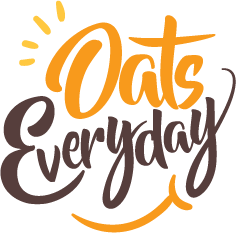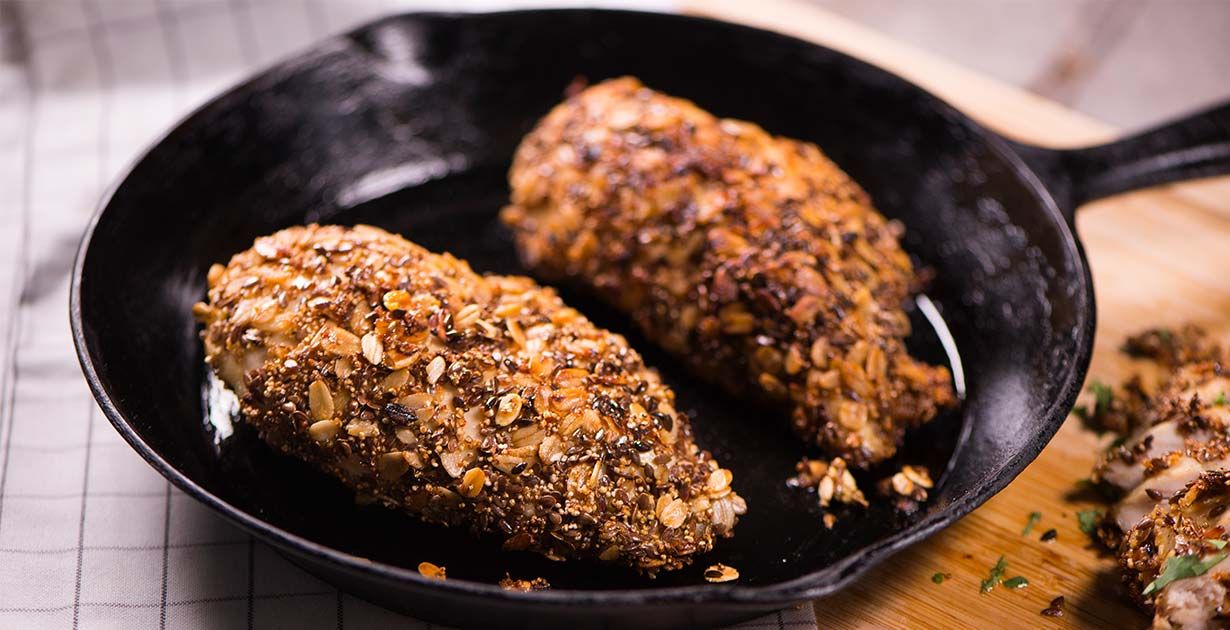Are oats GMO?
There are no genetically modified oats.
Are oats gluten-free?
Oats are inherently gluten-free. However, oats may come in contact with gluten-containing grains such as wheat, rye or barley during farming, transportation or storage. To be considered a gluten-free product, oats must meet a standard set by The U.S. Food and Drug Administration. If you are avoiding gluten, choose oats labelled “gluten-free.”
Visit our Oats & Your Health page to read more about including oats in a gluten-free diet.
Do oats lower cholesterol?
Two servings of oats per day have been shown to reduce cholesterol 3% more than a low-fat diet alone. Studies are now showing that oats can also help to lower non-HDL cholesterol and the cholesterol carrying protein, apolipoprotein B.
Visit our Oats & Your Health page to read more about the cholesterol-lowering properties of oats, as well as information on heart health.
Are oats suitable for diabetics?
Oats are lower on the Glycemic Index (GI) scale than other starchy grains. Oat groats, steel cut oats and rolled oats are considered a low-to-medium GI food. Oats have been shown to be helpful for improving blood sugar control and lowering blood sugar levels in people with type 2 diabetes.
Visit our Oats & Your Health page to read more about the Glycemic Index and including oats in your diabetes adapted diet.
Should I eat oats if I am trying to lose weight?
The soluble fiber in oats absorbs water and expands to take up space in your stomach, satisfying hunger and providing a feeling of satiety, or fullness. As well, oats digest slowly, prolonging that sensation of feeling full and suppressing the urge to eat before the next meal. Studies have shown that people who include whole grains, including oats, in their diet tend to weigh less than people who do not.
Visit our Oats & Your Health page to read more about using oats for appetite control and weight management.
Do oats contain protein?
Oats contain more protein than most other common grains and are a beneficial part of an active lifestyle. While not a complete protein on their own, oats can be eaten or prepared with dairy products, for example, to create a high-protein meal.
Visit our Oats & Your Health page to read more oats and protein.

